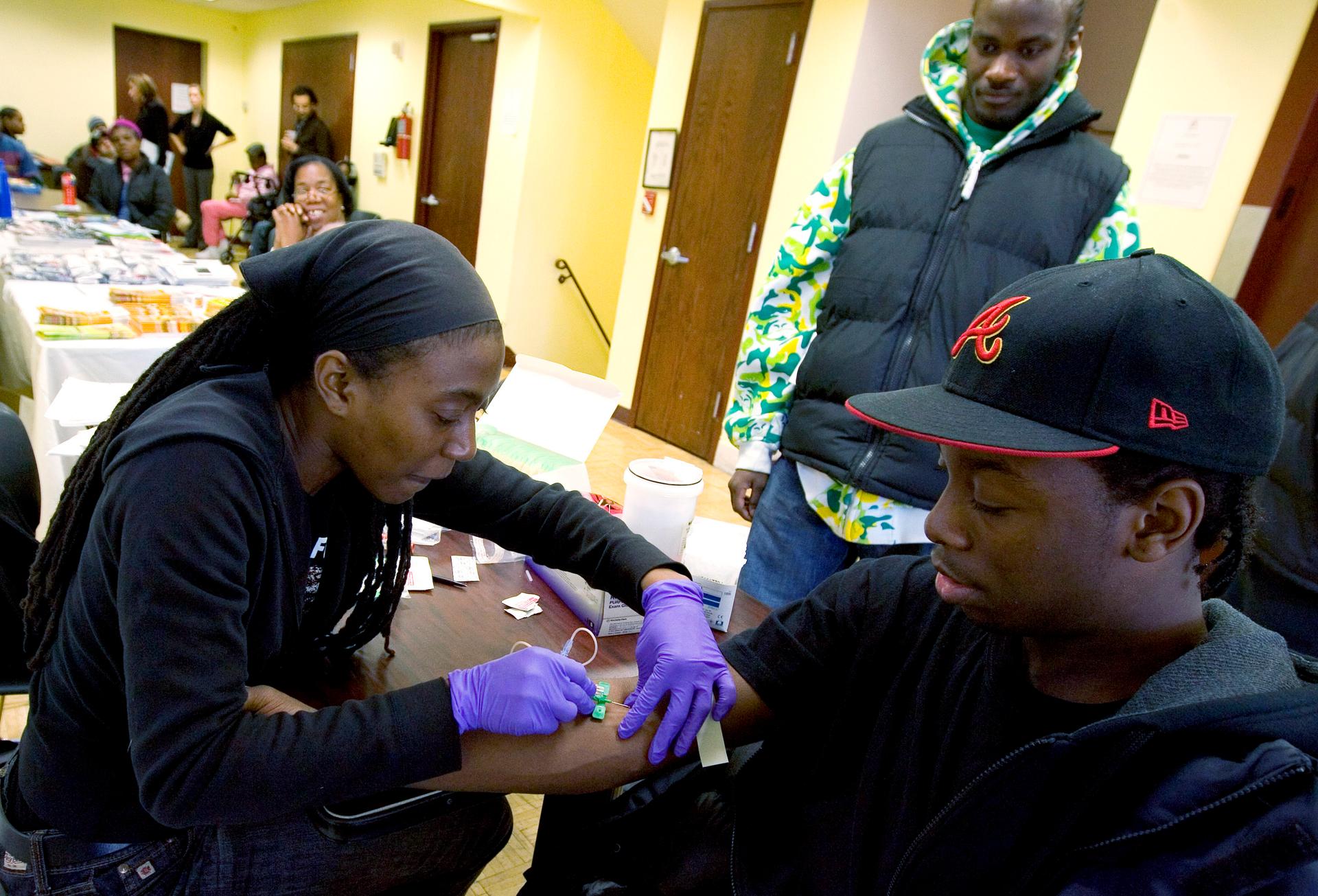Gonorrhea becoming completely drug resistant: CDC
The CDC reported that gonorrhoea has become nearly drug resistant.
Gonorrhea is on the path to becoming completely untreatable, says the US Centers for Disease Control and Prevention.
Federal officials are warning that there is only one class of antibiotics left to treat the bacteria. Reuters reported that the CDC no longer recommends using cefixime, better known as Suprax, because it has lost its effectiveness in treating the disease.
The news means that there is only one drug, ceftriaxone, used in combination with other antibiotics, that is able to treat the illness. Ceftriaxone is administered by injection.
The new treatment guidelines by the CDC are an attempt to prevent the disease from becoming completely resistant to drugs.
More from GlobalPost: Untreatable gonorrhea is spreading, warns World Health Organization
"This is really a preemptive strike to help preserve the effectiveness of ceftriaxone, (which is) really our last remaining drug that forms the foundation of our treatment options," Robert Kirkcaldy, of the CDC's Division of STD Prevention, told MedPage Today.
Antibiotic-resistant gonorrhea was reported in 17 European countries in 2010, up from 10 countries a year earlier, said Bloomberg.
Meanwhile, a new gonorrhea "superbug" that is resistant to all treatment is slowly gaining traction.
There were reports of the strain in France and Spain, and in Japan dating back to 2003.
The new guidelines, along with warnings against unprotected sex, appear in this week's Morbidity and Mortality Weekly Report put out by the CDC.
The story you just read is available to read for free because thousands of listeners and readers like you generously support our nonprofit newsroom. Every day, the reporters and producers at The World are hard at work bringing you human-centered news from across the globe. But we can’t do it without you: We need your support to ensure we can continue this work for another year.
When you make a gift of $10 or more a month, we’ll invite you to a virtual behind-the-scenes tour of our newsroom to thank you for being with The World.
